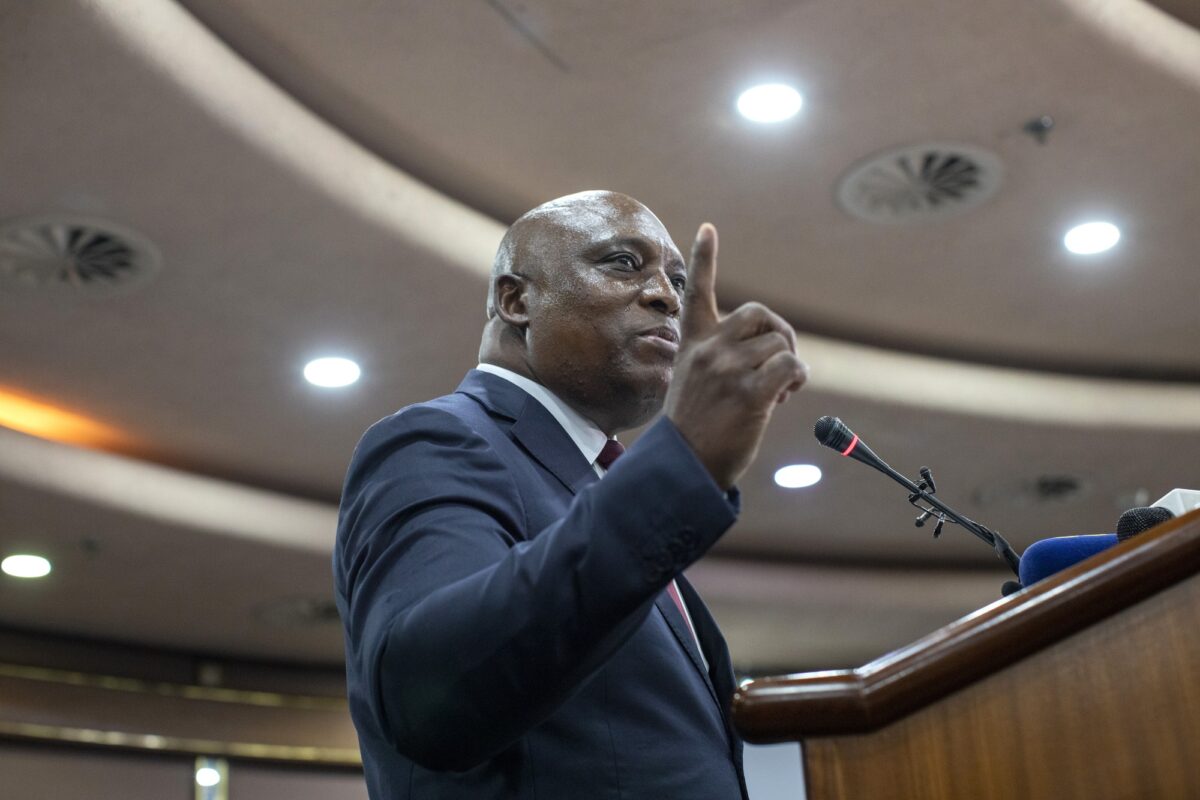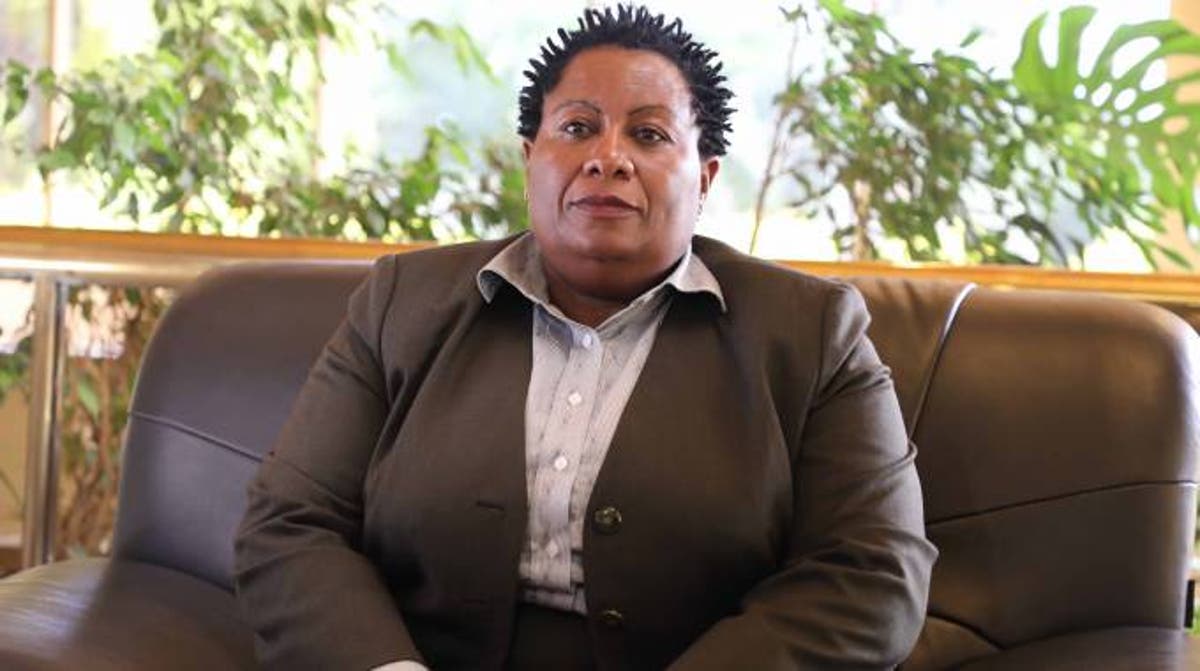MASVINGO – Reserve Bank of Zimbabwe (RBZ) governor John Mushayavanhu has thrown a party attended by his rural Gutu tribesmen deep down in his Masvingo home village to celebrate his appointment as central bank boss.
Mushayavanhu formally announced his appointment in front of relatives, in-laws, the traditional leadership and friends who attended the bash.
The central bank chief said, somewhat tongue-in-cheek that Mnangagwa, who hails from Masvingo, has broken former President Robert Mugabe’s tradition of appointing people from Manicaland to head the apex bank.
Amid cheers from his village folk, Mushayavanhu cited the origins of predecessors Kombo Moyana, Leonard Tsumba, Gideon Gono and John Mangudya as all from Manicaland.
“I want to thank the president for putting Masvingo in the limelight, Gutu and Mushayavanhu in the limelight,” he said in Shona.
“I came to my home village to thank those who gave birth to me….your son has been appointed to a top government job.”
Mushayavanhu said he will not forget friends he grew up and herded cattle with.
The new RBZ chief is Mnangagwa’s first appointment to the helm of the central bank since taking over as president in November 2017.
The top ranked banker assumed the job in March this year.
His biggest highlight so far is his introduction of the Zimbabwe Gold (ZiG), the new gold backed currency touted as the much-awaited solution the country’s drawn-out currency woes.
While appointment to RBZ governor should pass as just another promotion to a lofty government position in any country, in Zimbabwe, it is different as the job is closely linked to the source of the troubled nation’s bottomless patronage system.
During Gono’s era, the RBZ doled out goodies like Father Christmas to Zanu PF loyalists under the former central bank chief’s infamous quasi-fiscal policies.
Part of the largesse was expensive foreign sourced farm machinery glutted on Zanu PF politicians, associated clerics and business leaders under a debt facility whose recipients were later relieved of the financial liabilities under the controversial RBZ Debt Assumption Act.
















